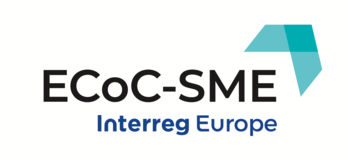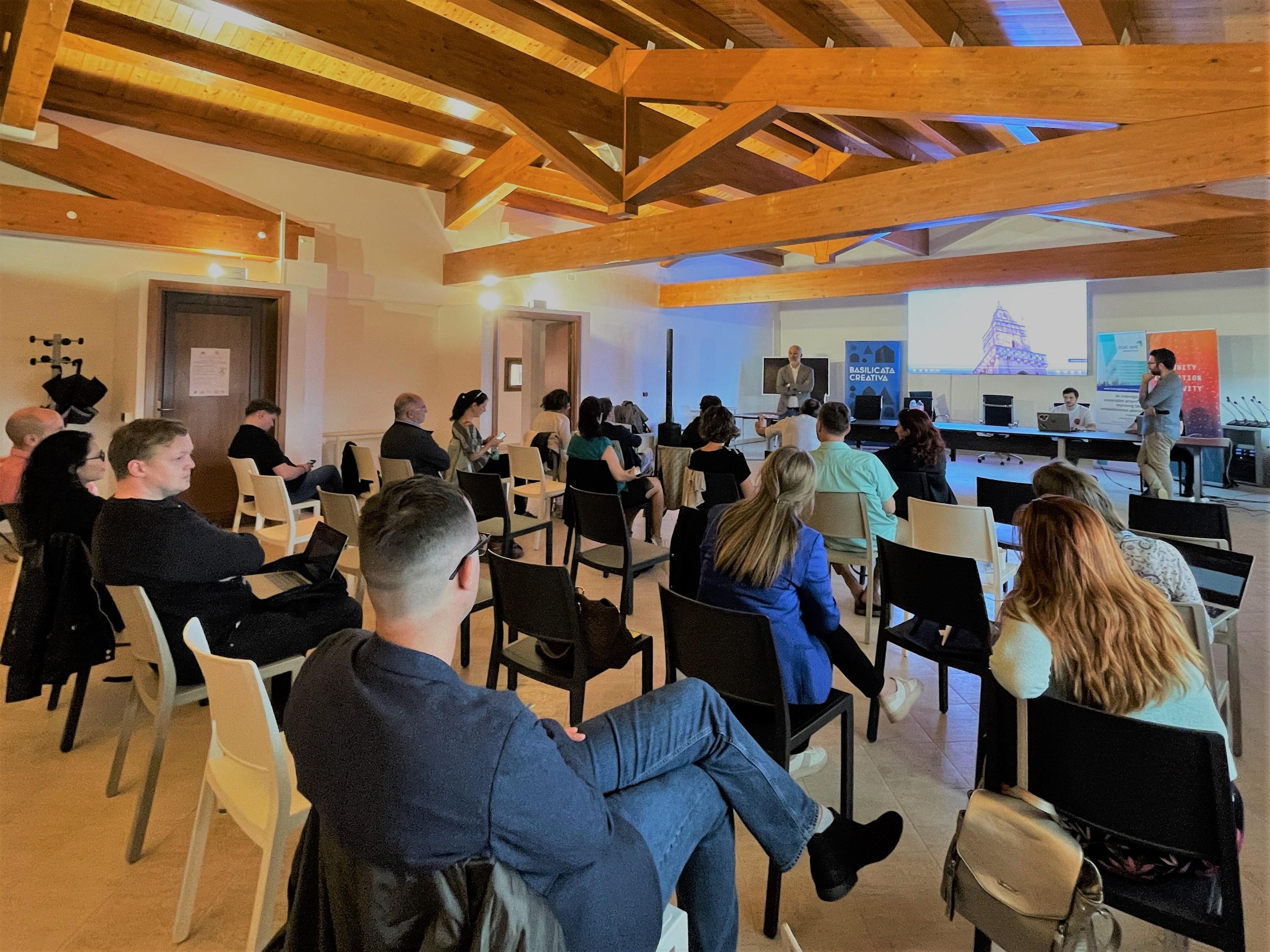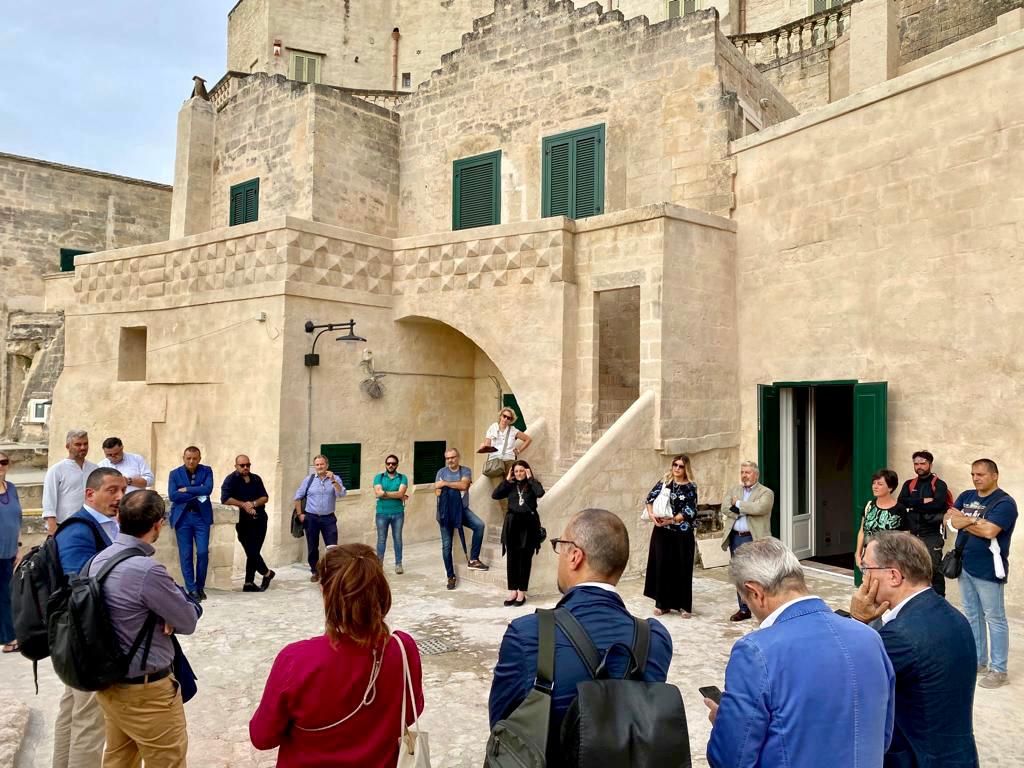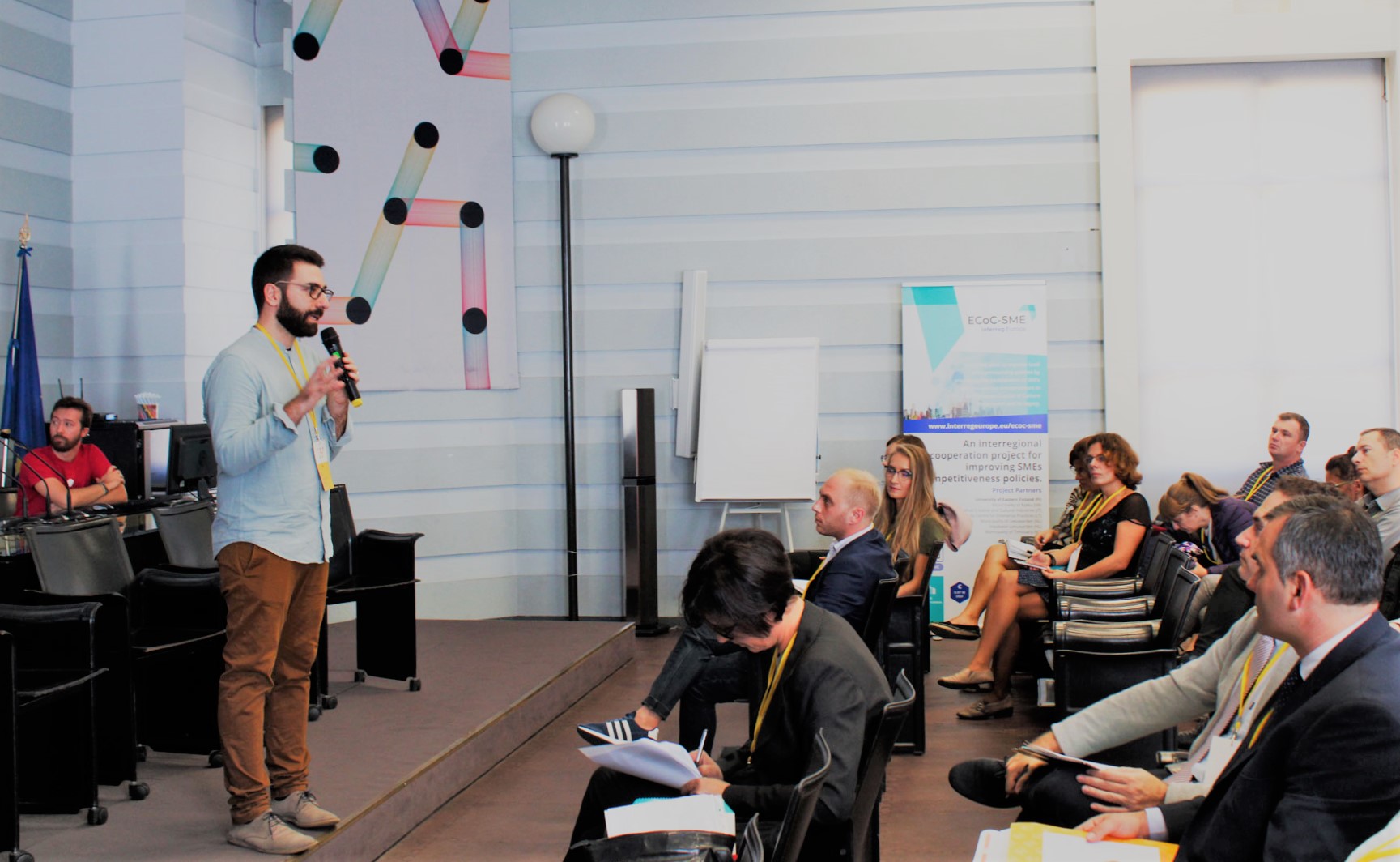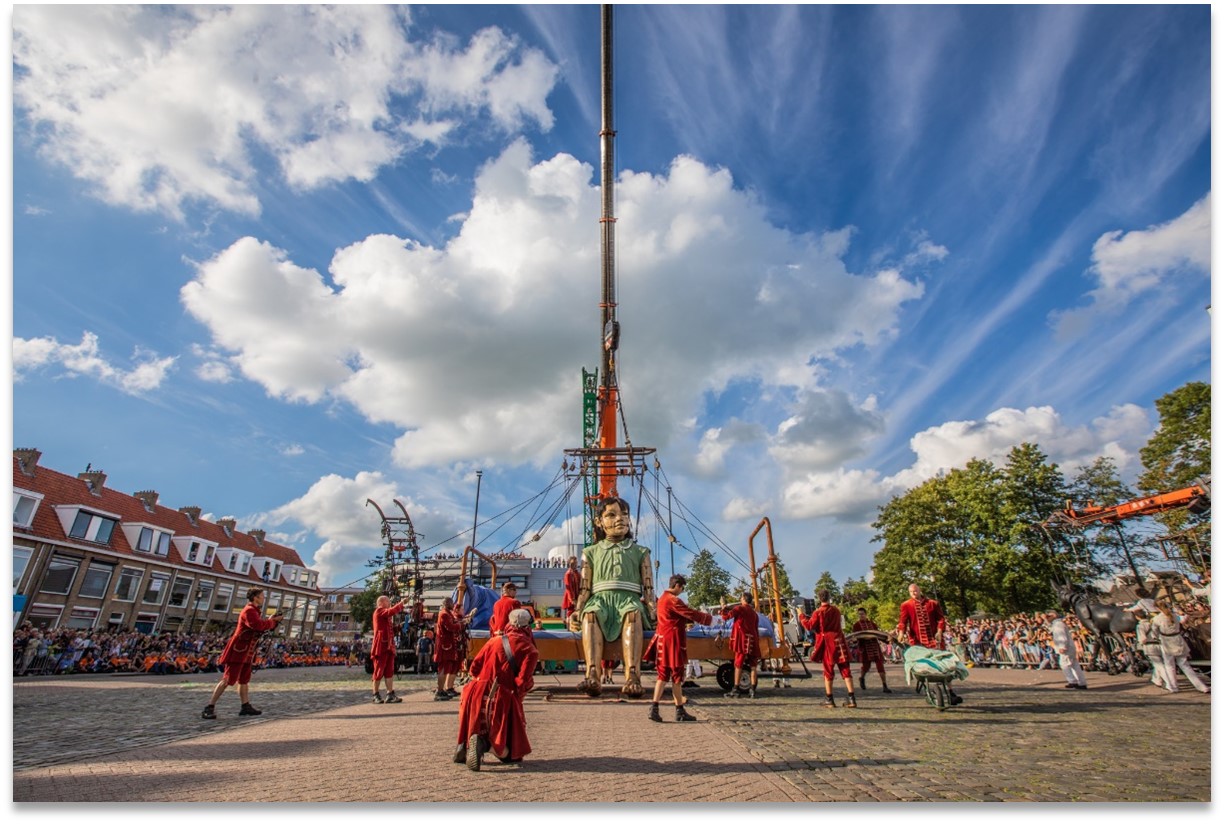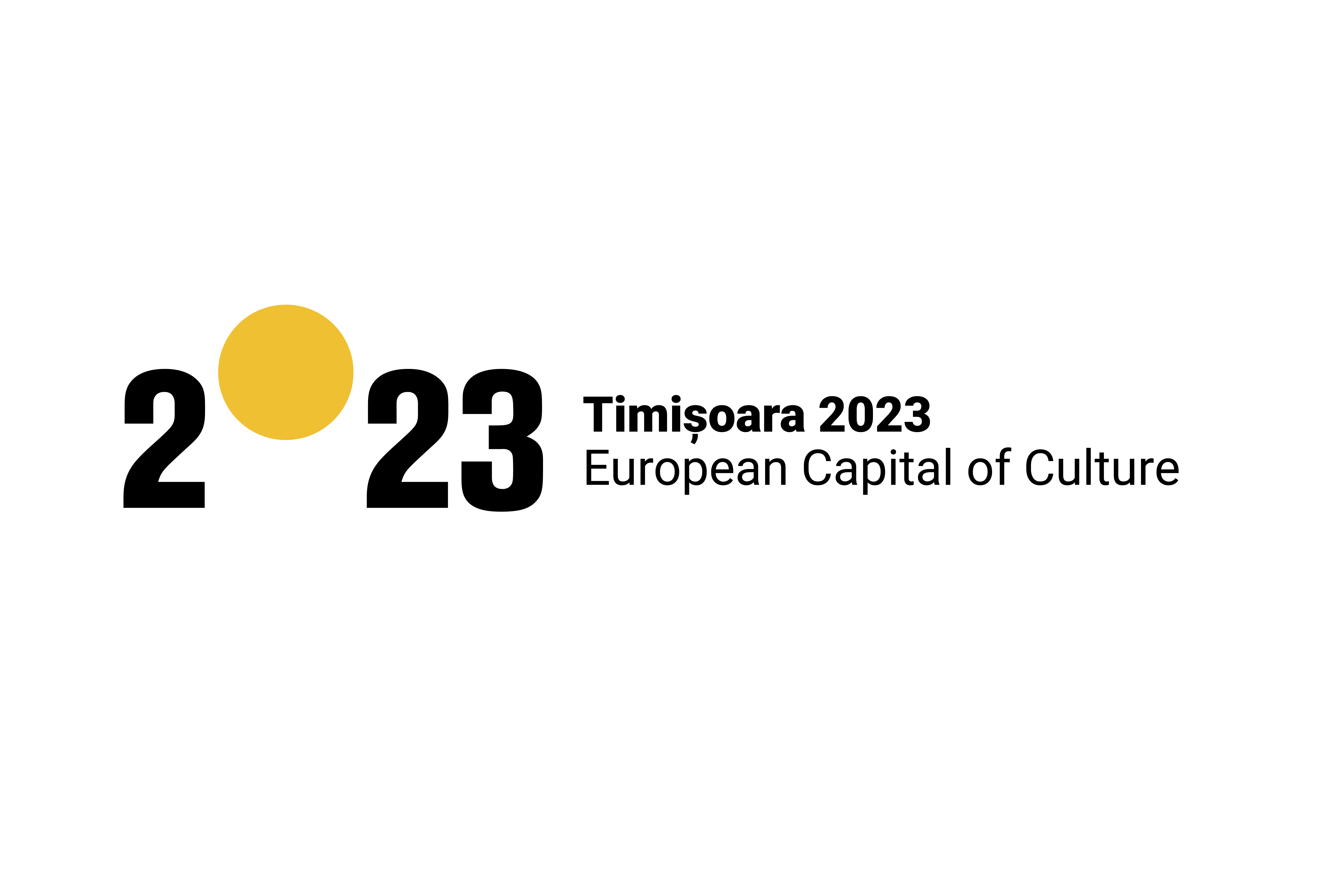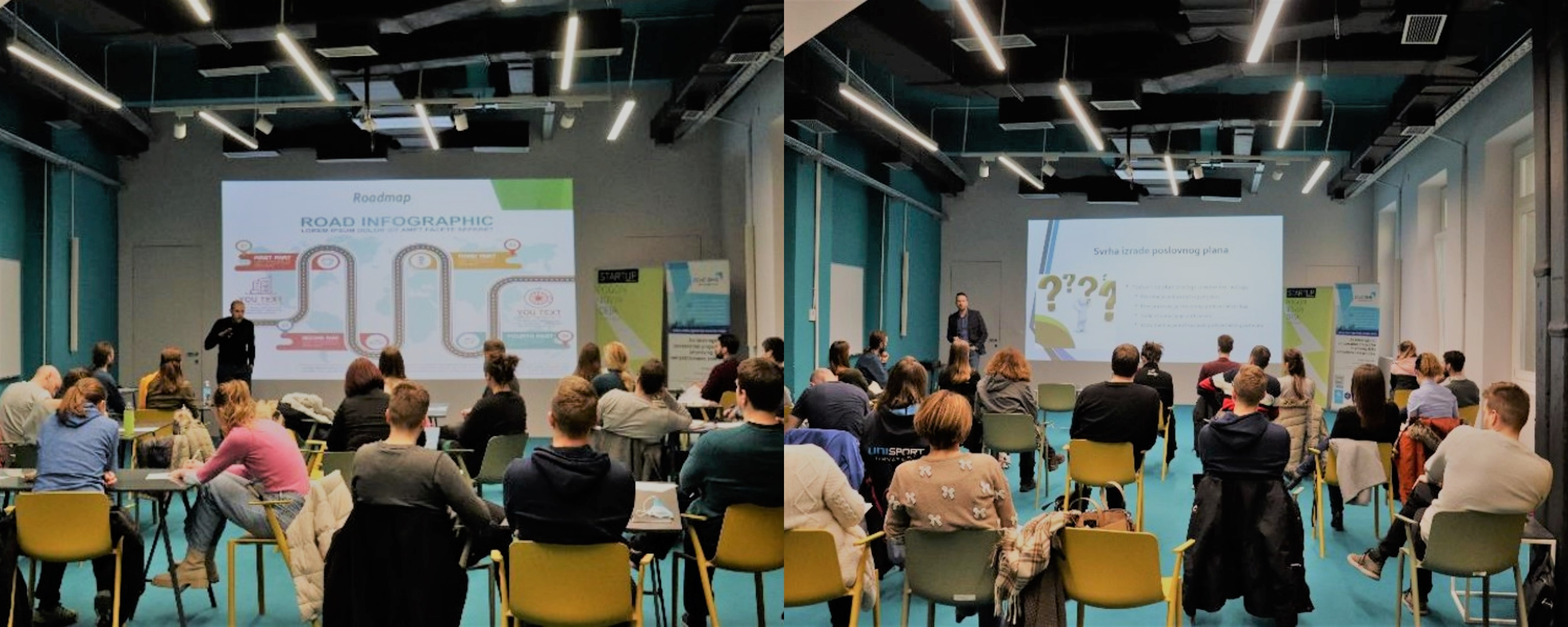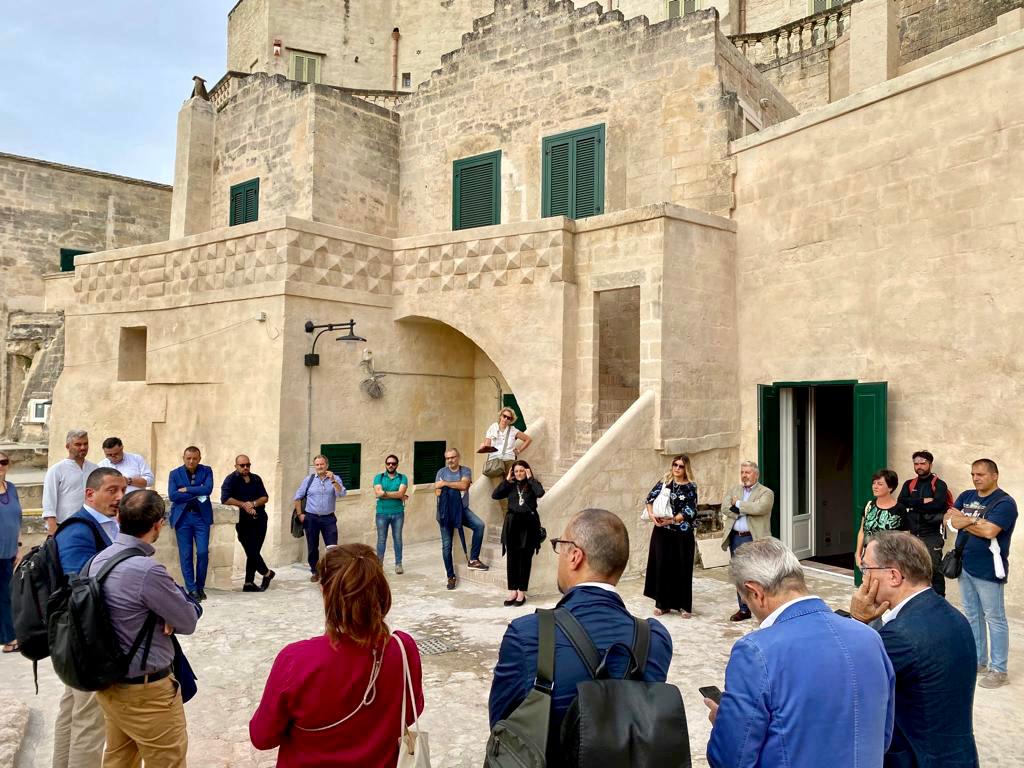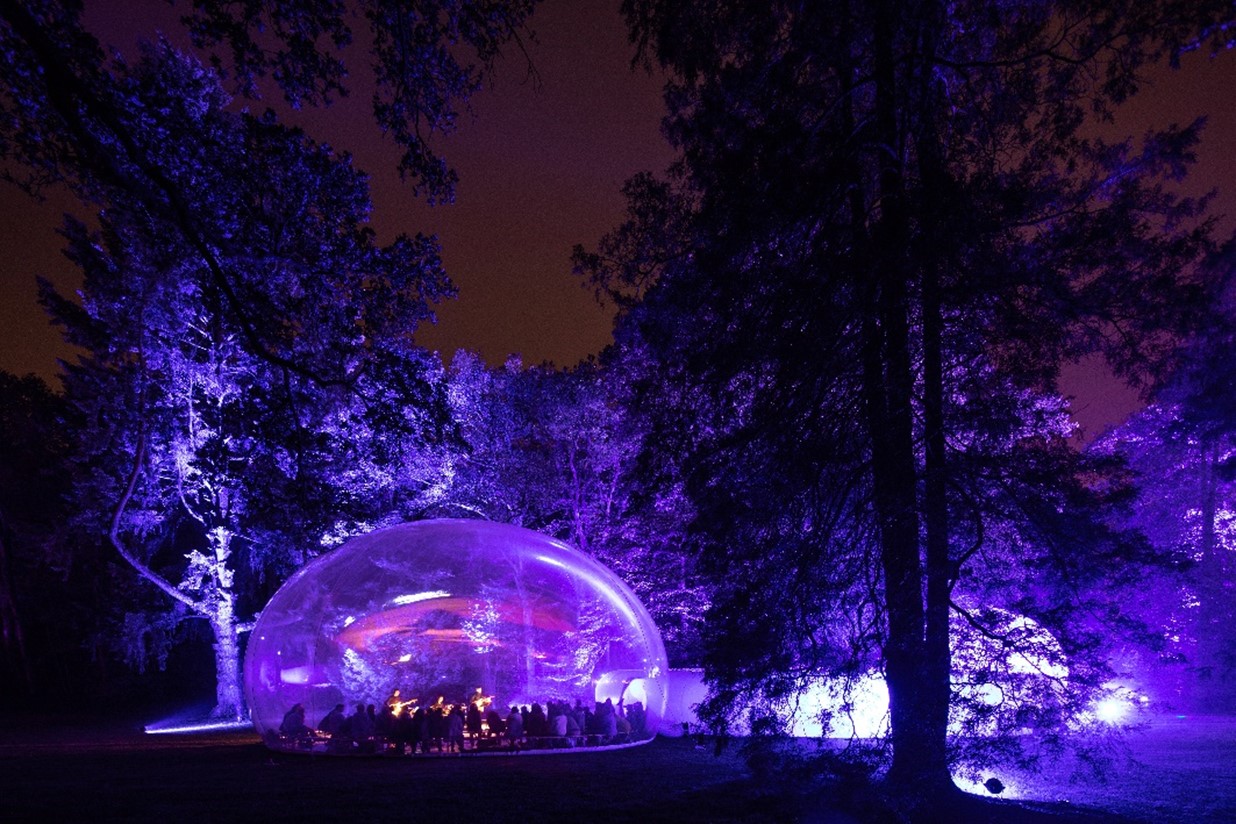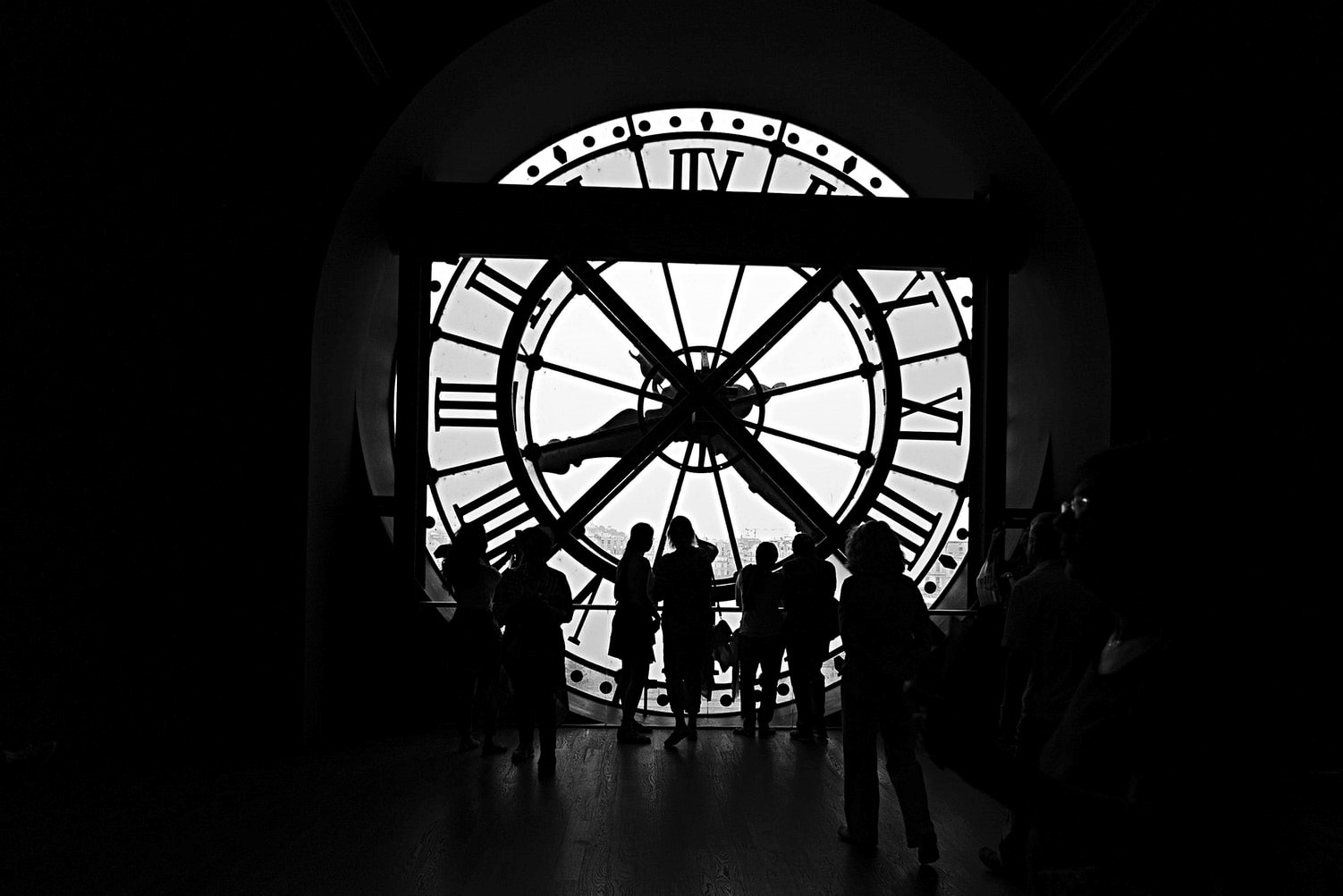A network of ECoC cities and regions is needed as a platform facilitating horizontal exchanges, know-how transfer and capacity building.
On the 4th December 2019, the Committee of Culture and Education of the European Parliament held a hearing on the Cultural Capitals of Europe. With the participation of eight experts, including representatives of ECoC projects as well as two members of the Programme’s Expert Panel, the focus was on impact, challenges and prospects.
Among ECoC ‘ambassadors’, Rossella Tarantino from the Matera 2019 Foundation participated, along with expert representatives of the ECoC projects of San Sebastian (2016), Pilsen (2015), Pécs (2010) and Riga (2014). Members of the the European Capital of Culture Expert Panel also joined with presentations on successful strategies for a lasting legacy.

Presentations, as well as the questions and answers addressed several issues that are central to the work of the ECoC SME partnership, too. These include long-term impact and legacy creation, questions of 'benchmarking' such impact, the importance and meaning of cultural innovation and creativity, the role of volunteering, co-creation, identity, branding and image, as well as citizens’ mindset and engagement.
Ms Tarantino shared Matera's experience about how a small-sized city can become a Cultural Capital of Europe: a city can achieve this if "it produces culture along with citizens" and "can pull down the barriers between artists and audience", and by making public space "not just a stage but a venue for production". Co-creation with residents, but also the engagement of tourists as "temporary citizens" as well as remote villages in the region have contributed to the success of ECoC in Matera, promising long-term legacy. Ms Tarantino gave also an important message for the future: all stakeholders should work on to strengthen and use the potentials of ECoC in reinforcing the link between cultural initiatives and urban and regional policies on every -- European, national and local -- level.
Also notably, many of the speakers and commentators raised the issue of a lacking network and horizontal platform that facilitate learning, exchanges and the transfer of know-how across past, current and prospective ECoC – cities and regions. Such exchanges seem to be highly needed: cities that have already held their 'ECoC year' can offer important lessons to those just appointed and even to new applicants, while they themselves may learn from others' experience about ways to sustain legacy projects, revive and stimulate the ECoC spirit and brand which may have faded over the years. Our ECoC-SME project participants can only confirm this, trying to fill this gap to some extent with the help of Interreg Europe.
See the list of presentations during the 90-minute hearing below and you may watch its full recording at this link.
Introduction, and concluding remarks by Sabine Verheyen, Chair of the Committee on Culture and Education of the European Parliament
A “clue-alphabet” for European Capitals of Culture by Xabier Fidel Paya Ruiz, former Artistic Director at the Donostia / San Sebastian 2016 European Capital of Culture Foundation
Pilsen 2015-long term impacts by Jiří Suchánek, former CEO at Pilsen European Capital of Culture2015
Perspectives of paradigm shifts-European Capital of Culture Pécs 2010, ten years after by Tamás Szalay, former Head of Pécs 2010 Cultural Association
Force Majeure. Riga 2014 by Diana Civle, former Artistic Director of the Programme of European Capital of Culture Riga 2014
Matera 2019-open future, together by Rossella Tarantino, Development and relations Manager European Capital of Culture Matera2019
How to better use the full potential of European Capitals of Culture by Sylvia Amann and Agnieszka Wlazel, Members of the European Capital of Culture Expert Panel
The first 34 years of the European Capital of Culture Programme (1985-2019): Success strategies and long-term effects by Beatriz Garcia, Member of the European Capital of Culture Expert Panel
